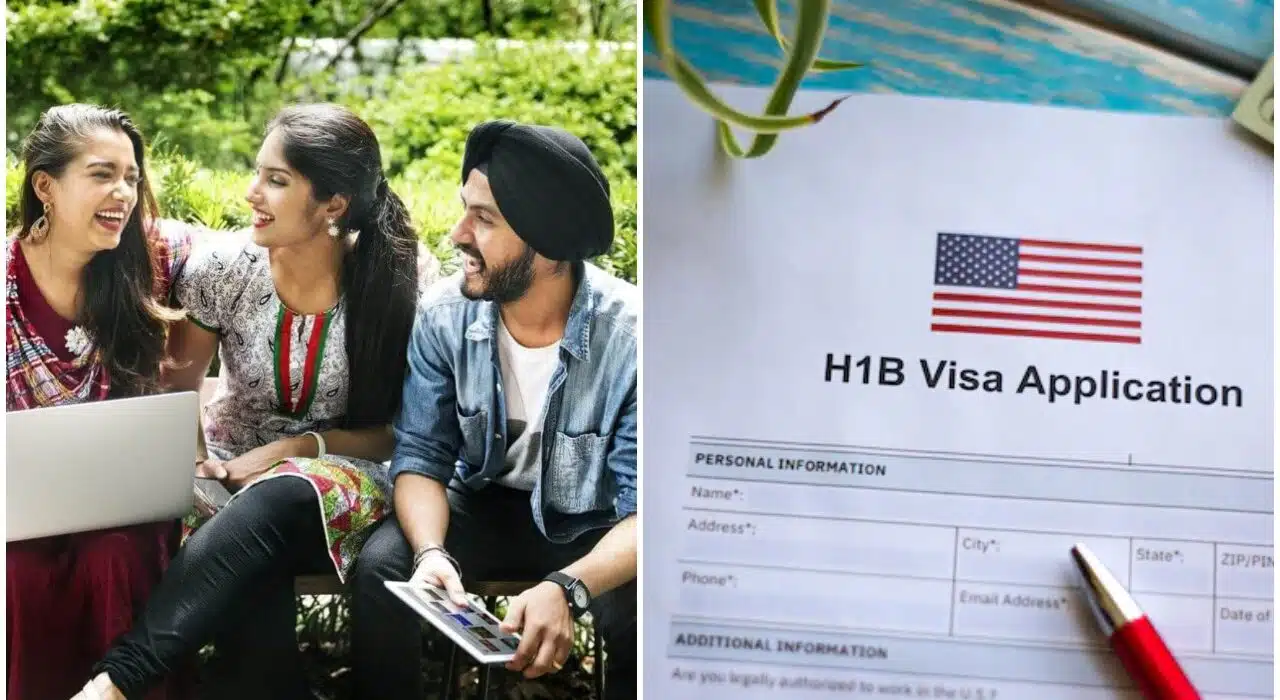The United States (US) is mulling an overhaul of its Optional Practical Training (OPT) program, one of the main avenues through which international students, especially Indian students, gain work experience after graduating. The OPT, which permits holders of F-1 visas to work in the US for three years in a STEM field, is under scrutiny due to accusations of putting American workers at a disadvantage.
The OPT programme has been branded as a “backdoor” to immigration by the critics. They claim foreign students have used it as an unfair route to compete with US graduates. Some of them even accused foreign students of using the system as an avenue to fill American jobs disguised as temporary skills development. The US Tech Workers group has been vocal against the programme, which describes it as a “guest worker scheme disguised as an internship.”
US Changes OPT Programme Policies – What it Mean for Indian Students?
OPT has been the backbone of professional experience for a large number of international students enrolled in US universities, who come from India. It is considered a pathway to H-1B visas. The Washington Alliance of Technology Workers, or WashTech, has claimed that OPT is illegal because it hurts American workers. However, courts have dismissed such claims and validated the existence of OPT.
Beneficiaries to the US economy and the education system are what proponents argue will come from the program. It draws world talent, promotes innovation, and makes American universities more attractive. Over the years, successive administrations; Democrats and Republicans alike, have renewed it to recognize that it fosters economic and cultural ties that work for one’s benefit.
Elimination of the program could drastically affect international student enrollment in the US, especially from India. International students bring both academic diversity and financial sustainability to universities, as they contribute billions to the US economy every year.
The decision by policymakers on the future of OPT will have far-reaching implications for US education, workforce dynamics, and its position as a global hub for talent.
Also, see: Maruti Suzuki India decides to raise 4% price from January 2025
